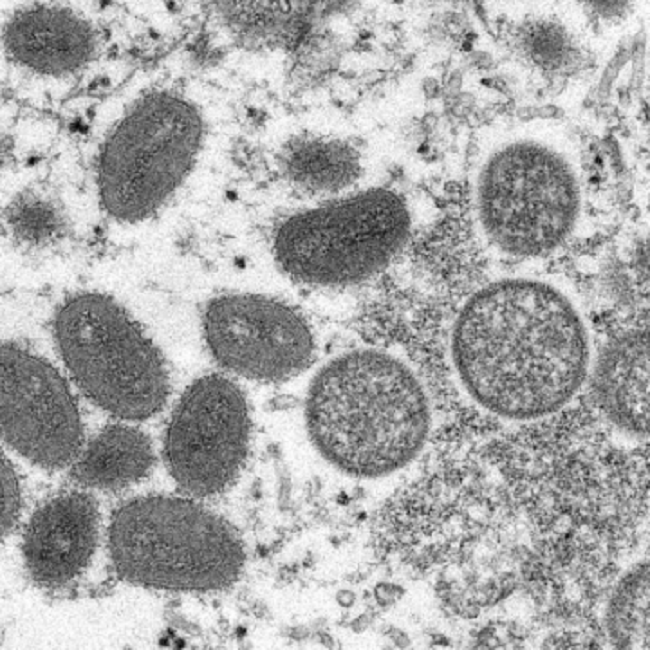Morocco confirmed today its first case of the monkeypox virus, with the country’s Ministry of Health and Social Protection saying that the case was most likely imported from abroad.
In a statement, the ministry emphasized that regional and public health emergency operation centers and rapid response teams have initiated an immediate epidemiological inquiry to identify potential cases that have been in contact with the infected patient.
As part of the inquiry, the necessary preventive measures have been taken to avoid the spread of the virus in accordance with national and international security standards, the ministry noted.
Morocco’s confirmation of its first case comes a few weeks after the ministry detected a few suspected cases that later tested negative.
First discovered in the 50s, monkeypox is identified as a rare illness.
Cases in humans were recorded in the 80s.
The virus’ symptoms include fever, intense headache, back pain, swollen lymph nodes, as well as skin rash.
The symptoms last between two days to a month.
In a statement, the ministry emphasized that regional and public health emergency operation centers and rapid response teams have initiated an immediate epidemiological inquiry to identify potential cases that have been in contact with the infected patient.
As part of the inquiry, the necessary preventive measures have been taken to avoid the spread of the virus in accordance with national and international security standards, the ministry noted.
Morocco’s confirmation of its first case comes a few weeks after the ministry detected a few suspected cases that later tested negative.
First discovered in the 50s, monkeypox is identified as a rare illness.
Cases in humans were recorded in the 80s.
The virus’ symptoms include fever, intense headache, back pain, swollen lymph nodes, as well as skin rash.
The symptoms last between two days to a month.
According to the World Health Organization (WHO), around 23 Member States have reported monkeypox cases since May 13.
“The vast majority of reported cases so far have no established travel links to an endemic area and have presented through primary care or sexual health services,” the WHO said, warning that the situation is evolving “rapidly,” emphasizing that it expects that there will be more cases identified.
Morocco’s Directorate of Epidemiology and Disease Control said that both infected patients and people who have been in close proximity to them need to be quarantined.
People who have been in direct contact with confirmed cases should be quarantined even when no symptoms have been detected, added the directorate. The quarantine should take three weeks with daily temperature monitoring.
